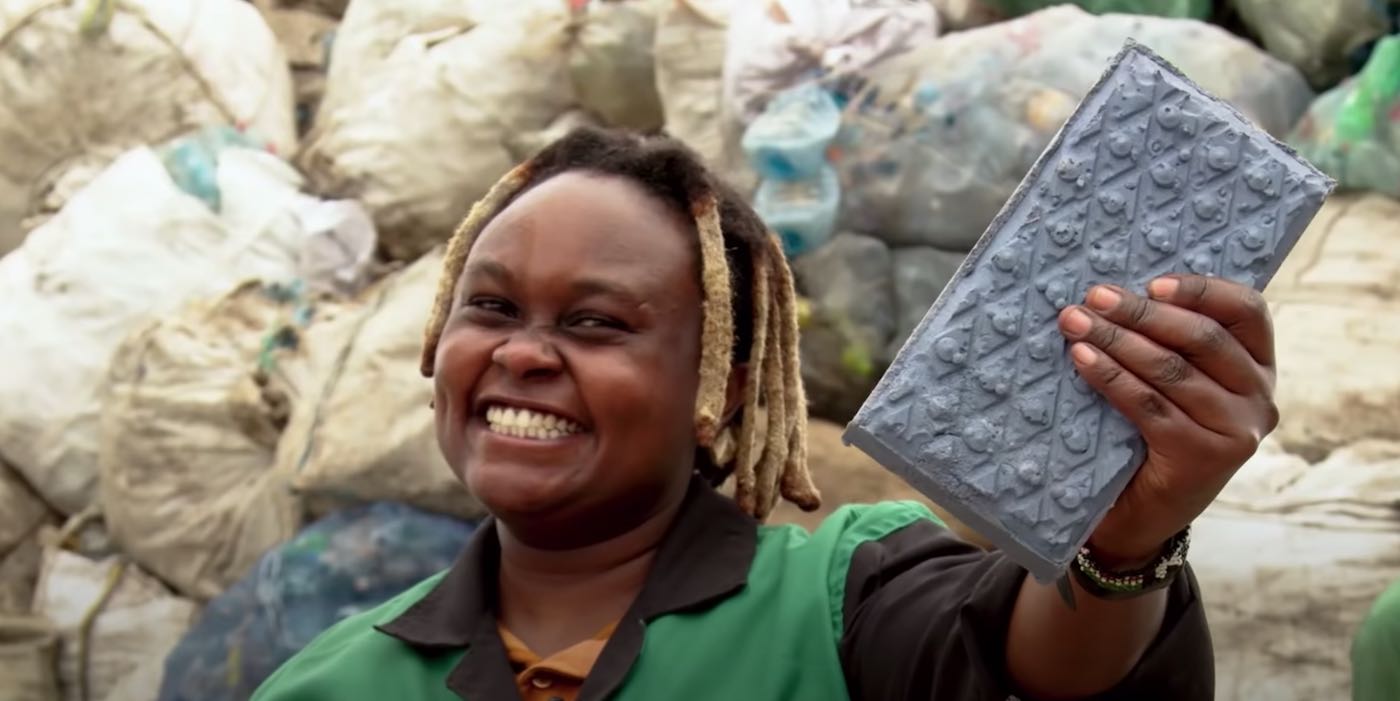Ministry of Defence Cabinet Secretary Monica Juma in Nairobi on February 25, 2021. Photo Francis Nderitu/Nation Media Group
The Kenya Space Agency (KSA) is set to launch two mini-rockets from the Malindi Space Centre in collaboration with the University of Rome in August.
The rockets will be launched using high altitude balloons, an improvement of the earlier huge rockets that were being launched in the 1980s and 1990s.
This was revealed on Thursday during the opening of a space sector high-level engagement forum dubbed ‘The space sector we want in Kenya’ attended by Defence Cabinet Secretary Monicah Juma, KSA chairman Major-General (Rtd) James Arwasa, Kenya Civil Aviation Authority Director-General Gilbert Kibe and other stakeholders.
The use of high-altitude balloons as launch pads for mini-rockets and satellites reduces the cost of sending rockets into space, Mr Arwasa said.
He noted that “satellites and rockets have become smaller because of advances in technology.
“We’ve students who are already working on building and launching the two at the Malindi Space Centre. We’re working with the University of Rome.”
The launch was pushed to August after seven professors involved in the project from Rome tested positive for Covid-19.
“We were expecting nine professors from the University of Rome to join us to witness these students launching the mini-rockets, but unfortunately seven tested positive for Covid-19,” Mr Arwasa said.
The benefits of having satellites in space include selling data collected to other countries. It also means the availability of quality data for use in making efficient decisions in the fight against climate change, promotion of national security, enhancement of agriculture, learning, identifying areas with minerals through earth observation.
KSA, Mr Arwasa said, will ensure information is centralised and accessible to all to avoid duplication. - Mary Wambui, The EastAfrican








